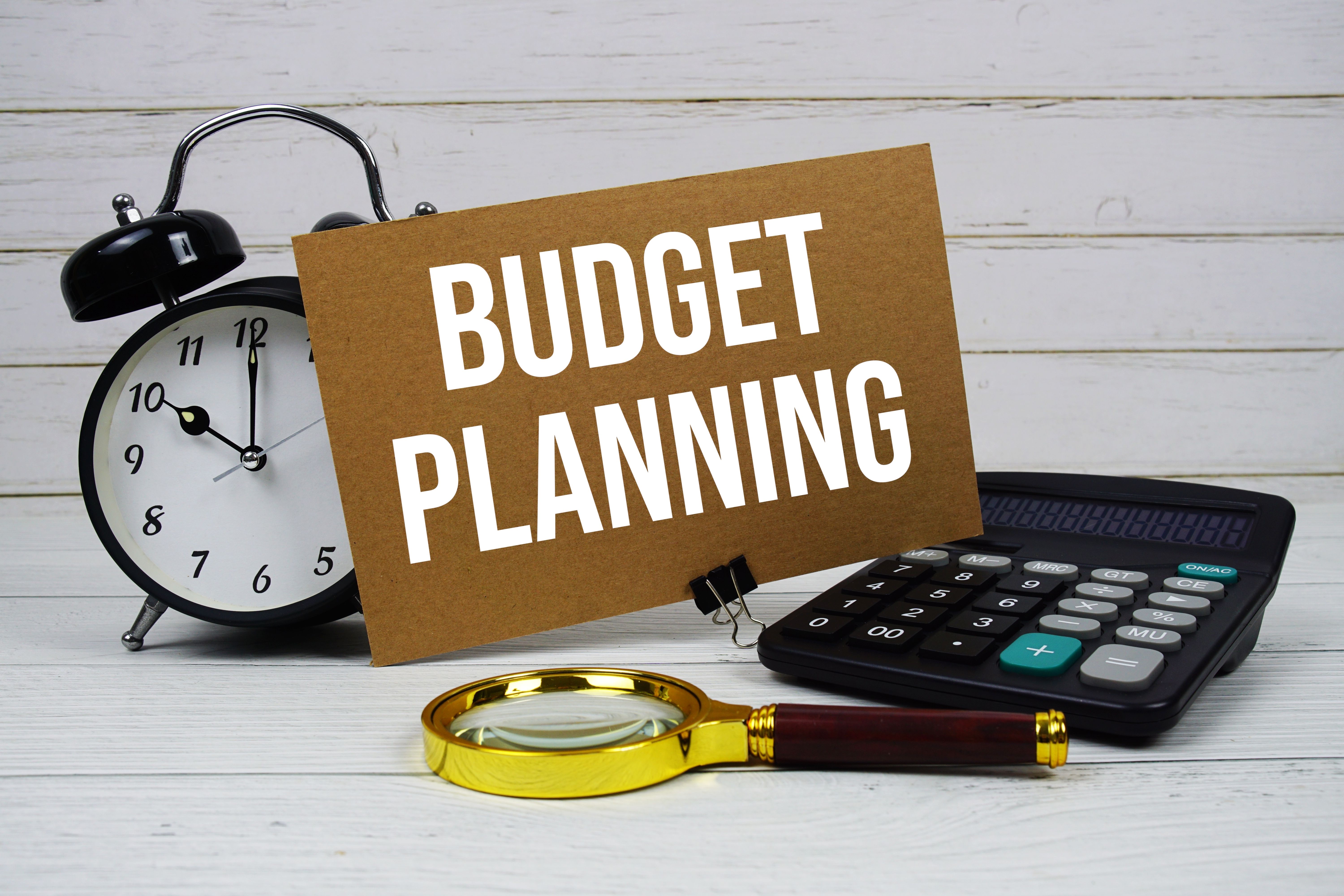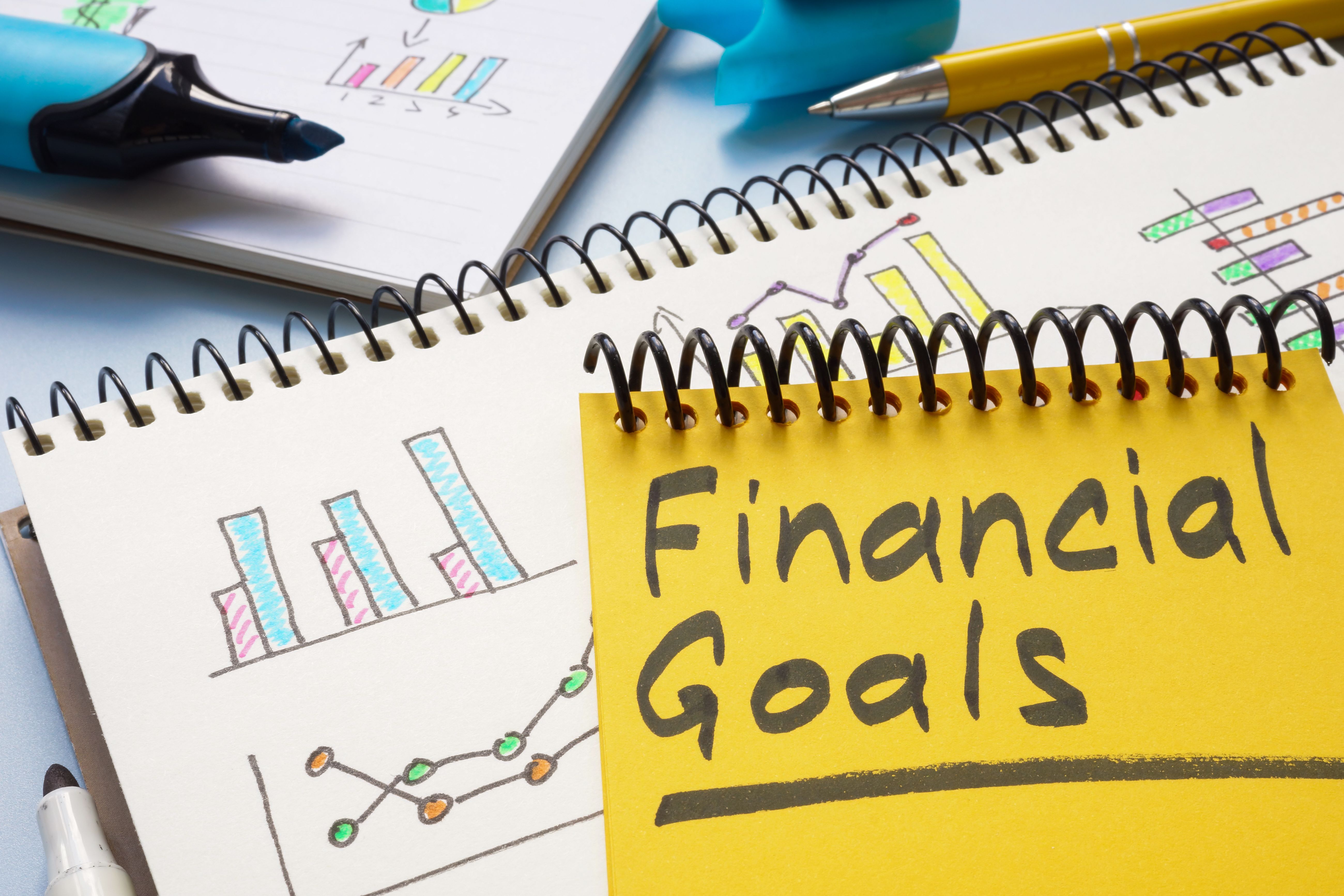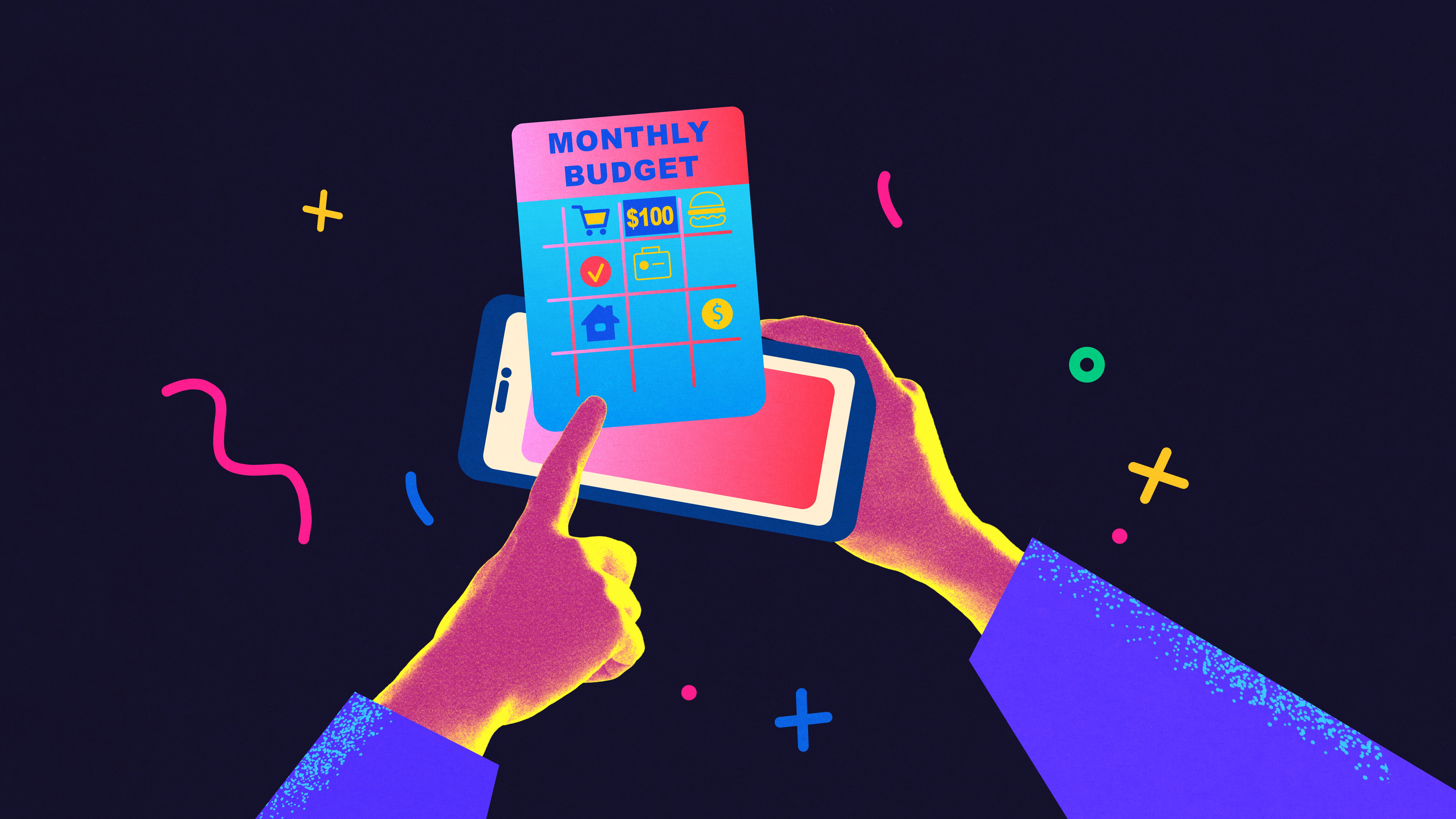Crafting a Personal Budget: Tips and Tools for Success
Understanding the Importance of a Personal Budget
Creating a personal budget is a foundational step toward achieving financial stability and reaching your financial goals. A well-crafted budget allows you to gain control over your finances, ensuring that you allocate your resources effectively. By understanding your income and expenses, you can make informed decisions that help you save, invest, and spend wisely.
Many people shy away from budgeting because they perceive it as restrictive. However, a budget offers freedom by providing a clear picture of your financial situation. It helps you prioritize spending and avoid unnecessary debt, ultimately reducing financial stress.

Setting Realistic Financial Goals
Before diving into the specifics of budgeting, it's crucial to set realistic financial goals. These goals will guide your budgeting efforts and motivate you to stay on track. Consider both short-term and long-term goals, such as saving for a vacation, building an emergency fund, or planning for retirement.
To set effective goals, ensure they are SMART: Specific, Measurable, Achievable, Relevant, and Time-bound. This approach provides clarity and makes it easier to track your progress over time.
Short-Term Goals
Short-term goals are typically achievable within a year. They might include paying off a small debt or saving for a special purchase. By focusing on these immediate milestones, you can build momentum and see quick wins that bolster your confidence.

Long-Term Goals
Long-term goals require more time and discipline. These may include saving for a house, children's education, or retirement. It’s essential to break down these larger objectives into smaller, manageable steps to avoid feeling overwhelmed.
Tracking Your Income and Expenses
The next step in crafting a personal budget is to meticulously track your income and expenses. Start by calculating all sources of income, including salaries, side hustles, and any passive earnings. This total will be the base from which you allocate funds to different categories.
- Record all expenses for a month to get an accurate picture of your spending habits.
- Categorize expenses into fixed (e.g., rent, utilities) and variable (e.g., dining out, entertainment).
- Identify areas where you can cut back if necessary.

Using Budgeting Tools
In today's digital age, various tools can simplify the budgeting process. Consider using apps or software designed to help track your finances. Popular options include Mint, YNAB (You Need A Budget), and PocketGuard. These tools offer features like automatic expense tracking, bill reminders, and financial goal setting.
By leveraging technology, you can gain a comprehensive view of your financial health. These tools can also provide insights into spending patterns and suggest ways to optimize your budget.
Revisiting and Adjusting Your Budget
Your budget is not a static document. It should evolve with your life circumstances and financial goals. Regularly reviewing and adjusting your budget ensures that it remains aligned with your current situation and keeps you on track toward achieving your objectives.
Consider scheduling monthly or quarterly reviews to assess your progress. During these reviews, celebrate your successes, identify challenges, and make necessary adjustments to your budget. This proactive approach will help you stay motivated and committed to your financial goals.